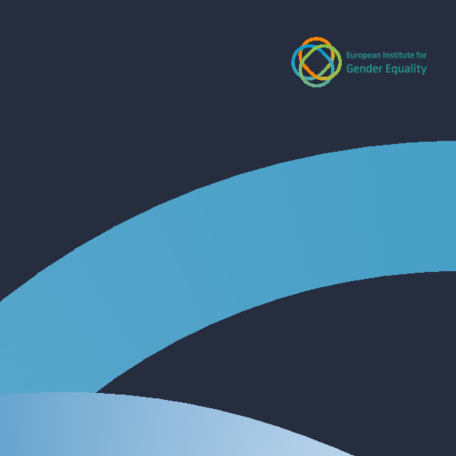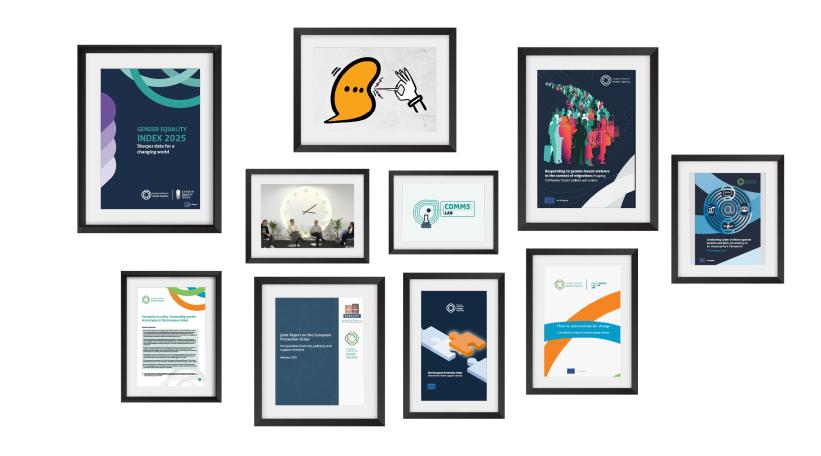
Equality Ministers from across the European Union met in Brussels on 7 May, in the context of the Employment, Social Policy, Health and Consumer Affairs Council (EPSCO).
What is the Council of the EU?
In the second of three EPSCO Council meetings under the Belgian Presidency, equality issues such as violence against women and anti-discrimination see new-found prominence on the agenda.
Marie-Colline Leroy, State Secretary for Gender Equality, Equal Opportunities and Diversity, says:
Gender equality and equal opportunities are among key priorities of Belgium Presidency of the Council of the European Union. It was therefore an honour to be able to convene, for the first time, a formal Council solely dedicated to Equality, and to be able to exchange views with the ministers responsible for this matter and with Commissioner Dalli on the strategies to be put in place to build a true Union of Equality.
I am proud that during this meeting of the Council we have adopted the directives on violence against women and on equality bodies, which are essential in the fight against discrimination. This formal Council meeting is a further and an important step towards improving visibility of equality policies.
Chaired by the Belgian State Secretary for Gender Equality, Equal Opportunities and Diversity, Equality ministers adopted a number of important directives:
- The directive on violence against women and domestic violence, which criminalises physical violence, as well as psychological, economic, and sexual violence against women across the EU, both offline and online.
- Two directives on binding standards for equality bodies, that aim at ensuring a better application and enforcement of EU anti-discrimination rules by strengthening national equality bodies.
EIGE Director Carlien Scheele says:
I very much welcome the adoption of important legislation that tackles violence against women and domestic violence, as well as the policy that strengthens equality bodies to better support anyone who experiences discrimination. As the EU Agency for gender equality, EIGE looks forward to supporting the implementation of these directives.
Financial independence and gender equality
Ministers approved Council conclusions on the economic empowerment and financial independence of women as a pathway to substantive gender equality. These conclusions were based on EIGE’s report for the Belgian Presidency on “Financial independence and gender equality: Joining the dots between income, wealth and power”.
Read the full report to see how gender inequalities and finance over a lifetime leads the staggering 26% gender pension gap in the EU.
Quick explainer – Council of the EU, Council configurations, and Council meetings
The Council of the EU is an EU body and an essential EU decision-maker. Amongst others, the Council negotiates and adopts EU laws, coordinates member states' policies, and adopts the EU budget together with the Parliament.
The Council meets in 10 different 'configurations', depending on the subject being discussed.
The EPSCO Council, one of the configurations, brings together ministers responsible for employment, social affairs, health and consumer policy from all EU member states.
During Council meetings they have the right to commit the government of their country and cast its vote.




